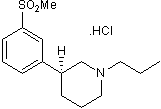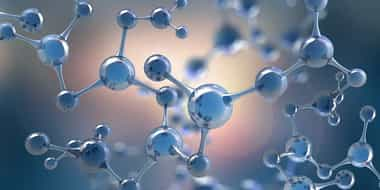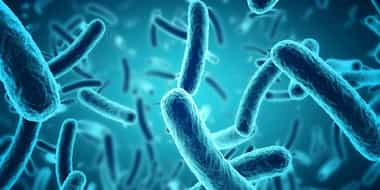
Nov 8, 2015
Blog Life Sciences New Drug May Curb Alcohol Cravings
A new drug that may reduce alcohol cravings in alcohol dependent people may lead to a treatment for alcoholism.
Researchers from the Sahlgrenska Academy and the Karolinska Institutet in Sweden conducted two separate studies, one on humans and the other on laboratory mice. In the human trials the experimental drug, a dopamine stabilizer called OSU6162, reduced alcohol cravings while the trial on mice showed the drug normalizes the level of dopamine in the brain reward system of mice.
“The results of our studies are promising, but there is still a long way to go before we have a marketable drug,” says Pia Steensland , Ph.D., associate professor at the institute and co-author of both studies. “The socioeconomic costs of alcohol are huge, not to mention the human suffering. It is inspiring to continue working.”
National Institutes of Health reports that more than 16 million adults in the U.S. have an alcohol-use disorder and nearly 88,000 people die each year from alcohol-related causes. According to the National Institute on Alcohol Abuse and Alcoholism, in 2013 about 24.6 percent of Americans ages 18 years old or older reported that they engaged in binge drinking while 6.8 percent said they had heavy drinking in the past month.
The findings were published in European Neuropsychopharmacology.
Because dopamine creates a feeling of well-being, such as when we exercise or eat good food. Alcohol makes the brain reward system release more dopamine than normal, creating a pleasant euphoric sensation. However, the more alcohol that is consumed, the more the reward system is desensitized and the less dopamine is released. With time, a person will need to drink more alcohol to produce euphoria but also to reach a state of physical and emotional normality. Thus, addiction arises.
In the human trials, half the participants were treated with OSU6162 and half with placebo for two weeks. The results showed that the experimental group experienced less of a craving for alcohol after drinking one glass of an alcoholic beverage. Additionally, the OSU6162 group reported not enjoying the first sip of alcohol as much as the placebo group.
"One interesting secondary finding was that those with the poorest impulse control, that is those thought to be most at risk of relapse after a period of abstinence, were those who responded best to the OSU6162 treatment," Dr. Steensland said.
Both groups reported only mild side effects, a notable finding because other dopamine-based medicines, such as drugs used to treat schizophrenia, can cause unpleasant side-effects like nausea.
A study of rats published in the scientific journal Addiction Biology adds to the understanding of how OSU6162 works, as it shows that rats that voluntarily consumed alcohol for almost a year had lower levels of dopamine in their brain reward system than rats that had never drunk alcohol. However, when the “alcohol rats” were treated with OSU6162 it was found that the substance counteracted the low concentrations of dopamine in the brain reward system, as reported in a press release of the Karolinska Institute.
“We therefore think that OSU6162 can reduce the alcohol craving in dependent people by returning the downregulated levels of dopamine in their brain reward system to normal,” said Dr. Steensland.
The rights to OSU6162 are owned by Arvid Carlsson, professor emeritus at the Sahlgrenska Academy in Sweden and co-author of the human study. In 2000, Dr. Carlsson shared in the Nobel Prize for discovering that dopamine is a transmitter in the brain. His team also developed OSU6161.

Microbial products are substances derived from microorganisms. They have diverse...

The microbial products industry has moved squarely into the spotlight. The growi...

The forensics industry is in the middle of a rapid growth surge, driven by the r...

We are your trusted research partner, providing actionable insights and custom consulting across life sciences, advanced materials, and technology. Allow BCC Research to nurture your smartest business decisions today, tomorrow, and beyond.
Contact UsBCC Research provides objective, unbiased measurement and assessment of market opportunities with detailed market research reports. Our experienced industry analysts assess growth opportunities, market sizing, technologies, applications, supply chains and companies with the singular goal of helping you make informed business decisions, free of noise and hype.